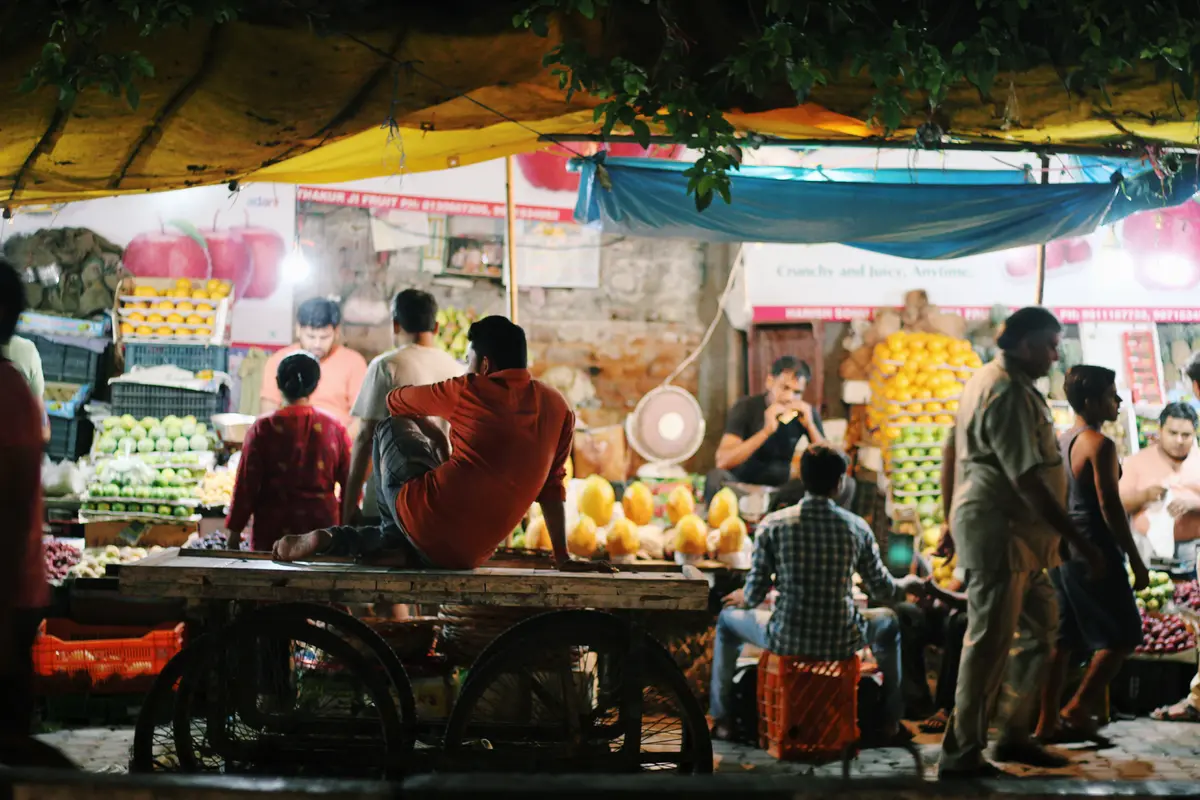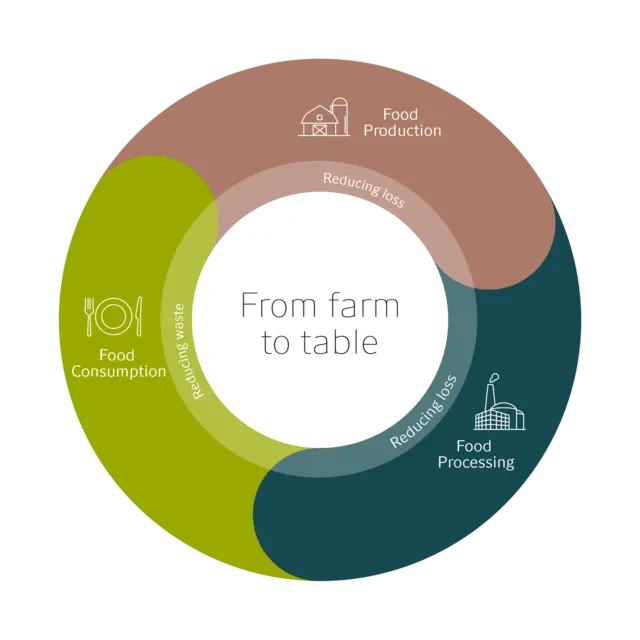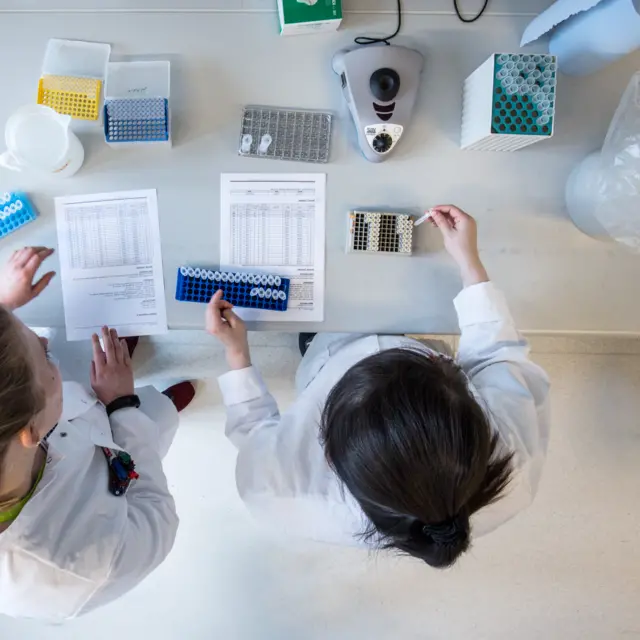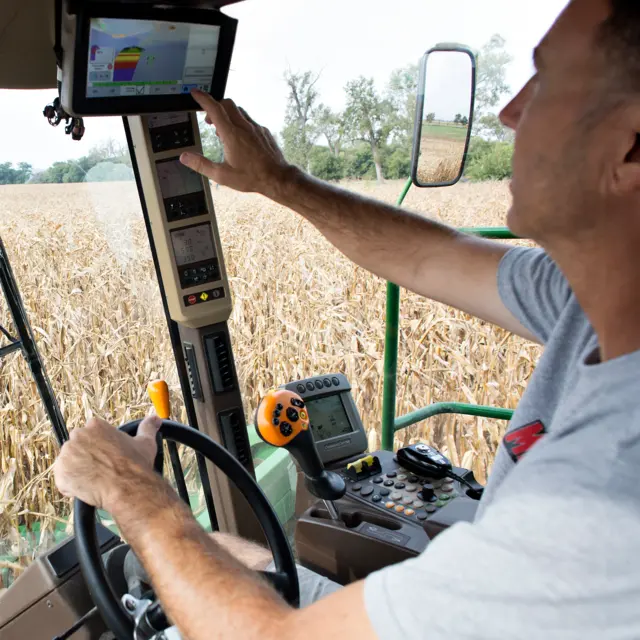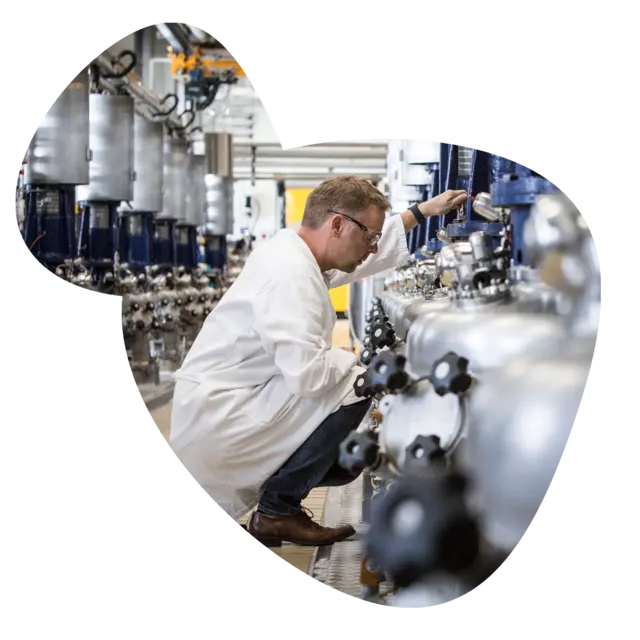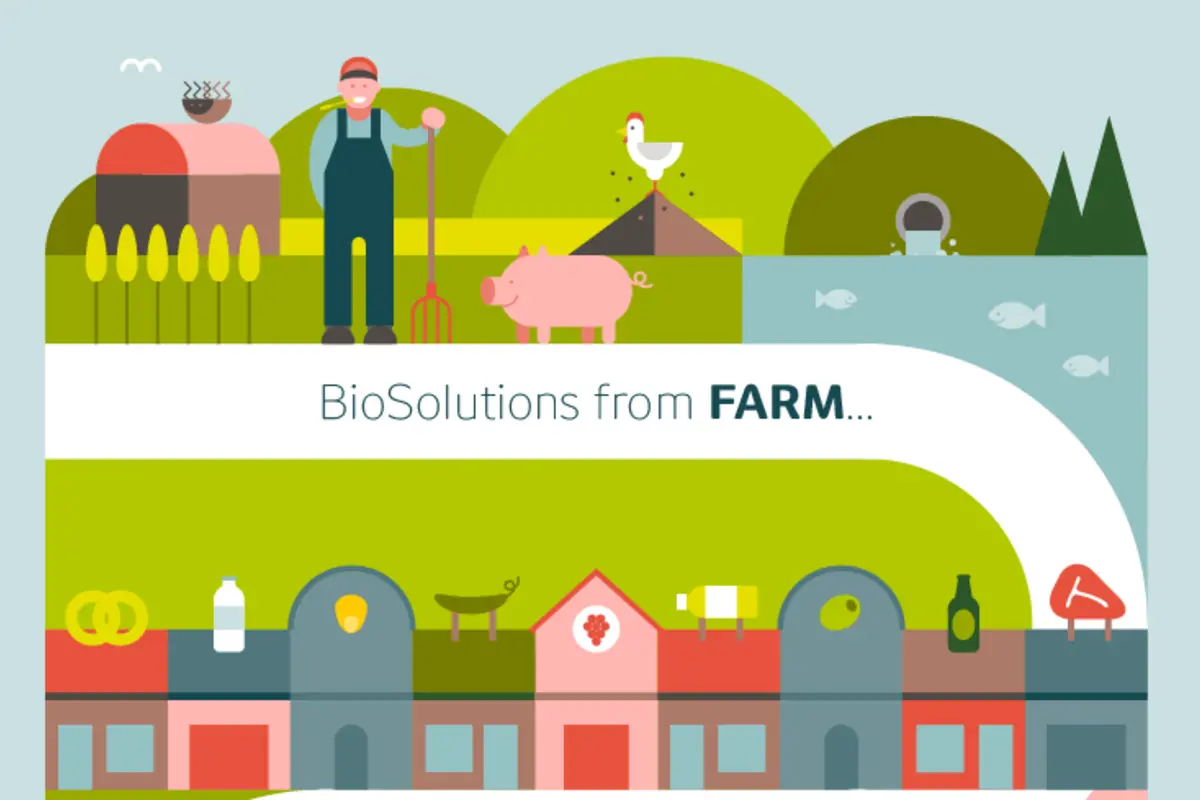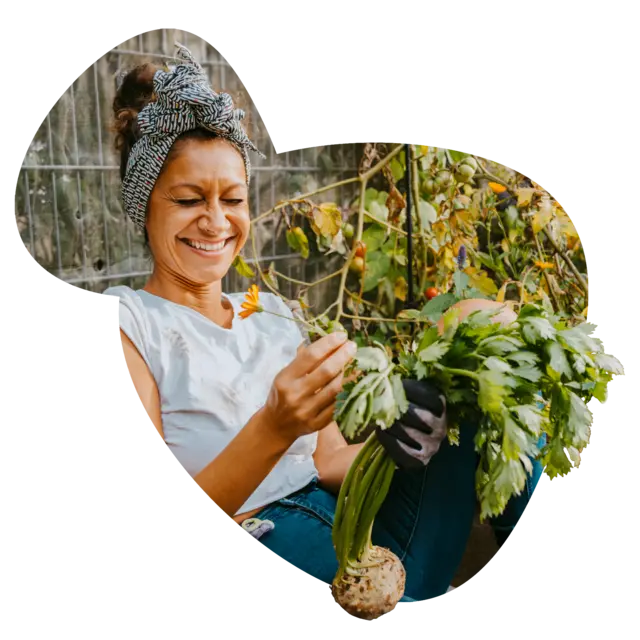Systems are people,
and people can change
From farm to table, food systems are a complex, interconnected web of people and activities. Over the last few decades, they’ve succeeded in feeding more and more of us. But up to 783 million people still go to bed hungry each night. And climate change, war, resource scarcity and the economic fallout of the COVID-19 pandemic are all challenging food security. At the same time, food systems are driving climate change, biodiversity loss, water pollution and water scarcity. They can also contribute to unhealthy diets.
We urgently need to change our food systems. We need more sustainable, more resilient systems that can supply more – and more nutritious - food for our growing population. The good news is that systems are made up of people, and people can change.
